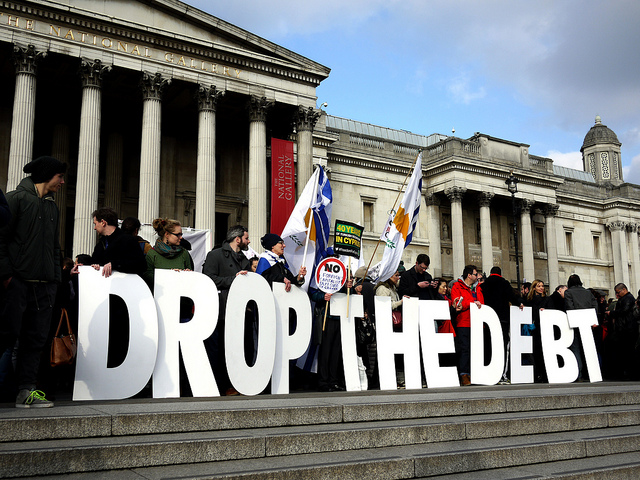In the past year, we have launched a survey worldwide for mapping degrowth realities in the world. 114 organisations answered to the call, with nearly 3,000 active people engaged, mostly located in Europe but also in North and South America, Philippines, Tunisia, Turkey, etc. On August 20th 2018, some members from each of them met for the first time in Freetown Christiania (Copenhagen, Denmark). We exchanged good practices around ecological sustainability and social equity, discussed about the future of the planet, and initiated several international working groups (activists and practitioners; researchers; politics; artists; collective actions; communication; education; etc.) that later met throughout the 6th international degrowth conference, which took place in Malmo, Sweden (August 21-25). Since then, such groups have been working in order to provide opportunities for many people in the world to engage in the degrowth movement locally as well as to diffuse degrowth (theoretically and practically) in their own habitats. As an example, on the 1st June 2019 will be launched the “Global Degrowth Day - Good Life for All”, with multiple actions all over the world (further information will be available soon). Everyone is welcome to join and animate such groups (you can find attached the call for activism and research groups)! You can find the map of the first degrowth realities in the world here. In the future the map will be automated. Until then, if your organisation wants to be mapped, please fill the survey. At the same time, you can find an index to get in contact with the groups, as well as a set of tools for communication and collaboration on https://degrowth.net/. For further information about how to get involved, please visit https://degrowth.net/act or write to activism@groups.degrowth.net The Support Group of the international degrowth conferences (pro tempore facilitator of this process)

I come from the dark side. Between 1994 and 1999, I studied at two business schools. Then I worked in advertising and marketing from 1999 until 2016 — for 17 years. First I was an employee in a couple of advertising agencies. Then I got a doctorate in Marketing and helped build our own specialised agency, with a group of friends and colleagues. The one over-riding goal of everything was alwa...
The debates around post-growth transitions to just socio-ecological futures - while undoubtedly variegated - all emphasize that such a transition will involve a fundamental change in the way we organize economic relations and processes. At a first glance, this implies both a nominal and a structural, change with corresponding shifts in production, labor and consumption patterns. Whereas nominal...

By Panos Petridis and Angelos Varvarousis “I’m a pessimist because of intelligence, but an optimist because of will” (A. Gramsci) We might err, but we believe that in the night of the elections in January 2015 a symbolic “tipping point” has been reached in Greece, signifying a break with a one way pre-dictated future, and adding vital fresh wind by pointing to the possibility of multiple al...